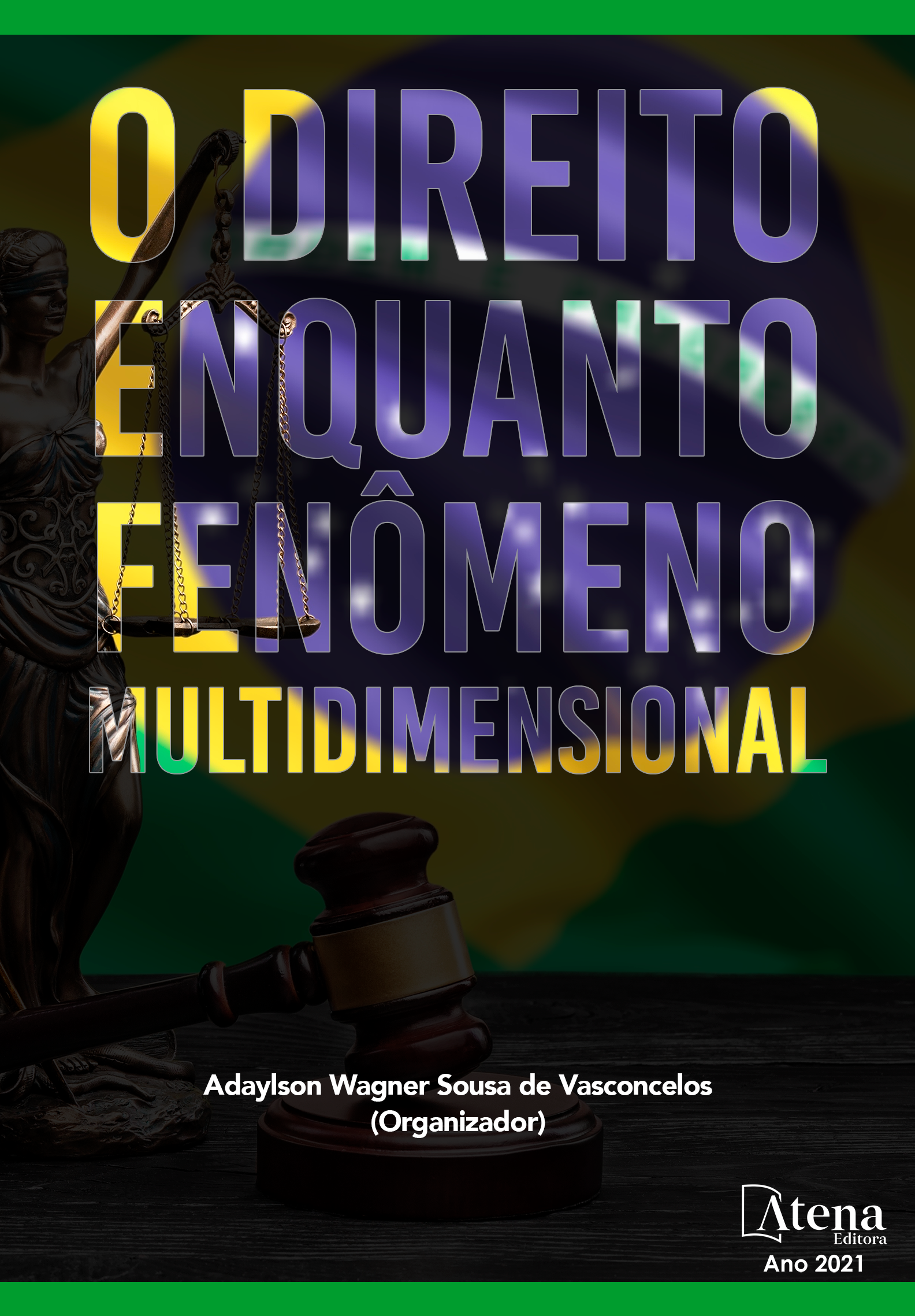
DIREITO À SAÚDE NO JUDICIÁRIO: A CONCESSÃO DE MEDICAMENTOS DE ALTO CUSTO VIOLA A SEPARAÇÃO DOS PODERES OU CUMPRE POLÍTICAS PÚBLICAS INEFICAZES?
A crescente judicialização da saúde, em especial a concessão de medicamentos de alto custo, demonstra um relevante embate entre as prerrogativas da Administração Pública e o dever do Judiciário de garantir o direito fundamental à saúde, notadamente em face de políticas públicas que carecem de critérios objetivos. Nesse cenário, o objetivo geral da pesquisa foi o de analisar se a concessão de medicamentos de alto custo auxilia ou obstaculiza o cumprimento de políticas públicas reputadas, em muitos casos, como ineficazes. O percurso metodológico procurou identificar noção conceitual acerca dos fármacos considerados vultosos para, então, realizar pesquisa documental de abordagem quantitativa, consubstanciada em análise jurisprudencial dos tribunais de justiça da região Sul (TJPR, TJSC e TJRS), do Tribunal Regional Federal da 4ª Região – TRF4 (PR, SC e RS) e ainda, do Superior Tribunal de Justiça – STJ, abrangendo as decisões judiciais proferidas entre os anos de 2015 e 2020. Os resultados indicam que 21,39% dos julgados analisados se referiam a medicamentos indicados para o tratamento de diversos tipos de câncer, dos quais apenas 9,58% fazem parte, atualmente, da RENAME/2020. O estudo concluiu que a concessão de medicamentos de alto custo pelo Poder Judiciário não caracteriza, a princípio, usurpação das funções dos demais poderes, mas que sinaliza a necessidade da atuação jurisdicional para o cumprimento, pela Administração Pública, das atribuições a esta conferidas pela Constituição da República.
DIREITO À SAÚDE NO JUDICIÁRIO: A CONCESSÃO DE MEDICAMENTOS DE ALTO CUSTO VIOLA A SEPARAÇÃO DOS PODERES OU CUMPRE POLÍTICAS PÚBLICAS INEFICAZES?
-
DOI: 10.22533/at.ed.66521190817
-
Palavras-chave: Direito Fundamental à Saúde. Medicamentos de Alto Custo. Políticas Públicas. Judicialização da Saúde. Jurisprudência.
-
Keywords: Fundamental Right to Health. High-cost drugs. Public Policies. Judicialization of Health. Jurisprudence.
-
Abstract:
The growing judicialization of health, especially the granting of high-cost medications, demonstrates a relevant clash between the prerogatives of the Public Administration and the duty of the Judiciary to ensure the fundamental right to health, especially in the face of public policies that lack objective criteria. In this scenario, the general objective of this research was to analyze whether the granting of high-cost medications helps or hinders the fulfillment of public policies reputed, in many cases, as ineffective. The methodological approach sought to identify the conceptual notion of drugs considered expensive, and then, to conduct documentary research of quantitative approach, embodied in jurisprudential analysis of the courts of justice of the Southern region (TJPR, TJSC and TJRS), the Federal Regional Court of the 4th Region - TRF4 (PR, SC and RS) and the Superior Court of Justice - STJ, covering the judicial decisions issued between the years 2015 and 2020. The results indicate that 21.39% of the analyzed judgments referred to drugs indicated for the treatment of various types of cancer, of which only 9.58% are currently part of the RENAME/2020. The study concluded that the concession of high cost medications by the Judiciary does not characterize, in principle, usurpation of the functions of other powers, but it signals the need for jurisdictional action for the fulfillment, by the Public Administration, of the attributions conferred by the Constitution of the Republic.
-
Número de páginas: 21
- Daniel Castanha de Freitas
- Bianca Sanches Lopes da Silva


